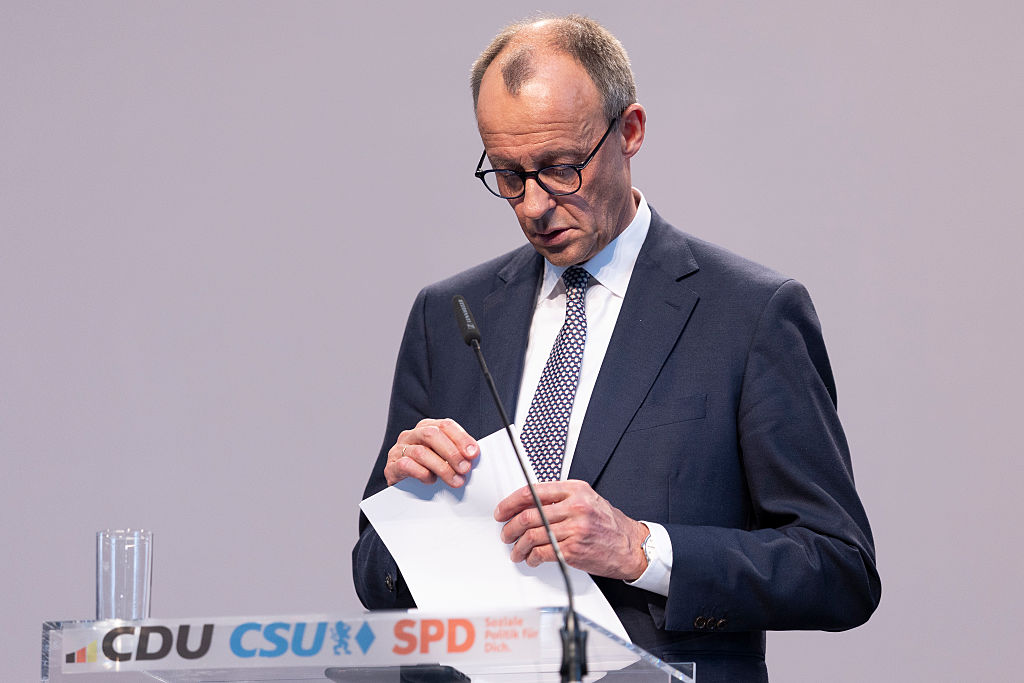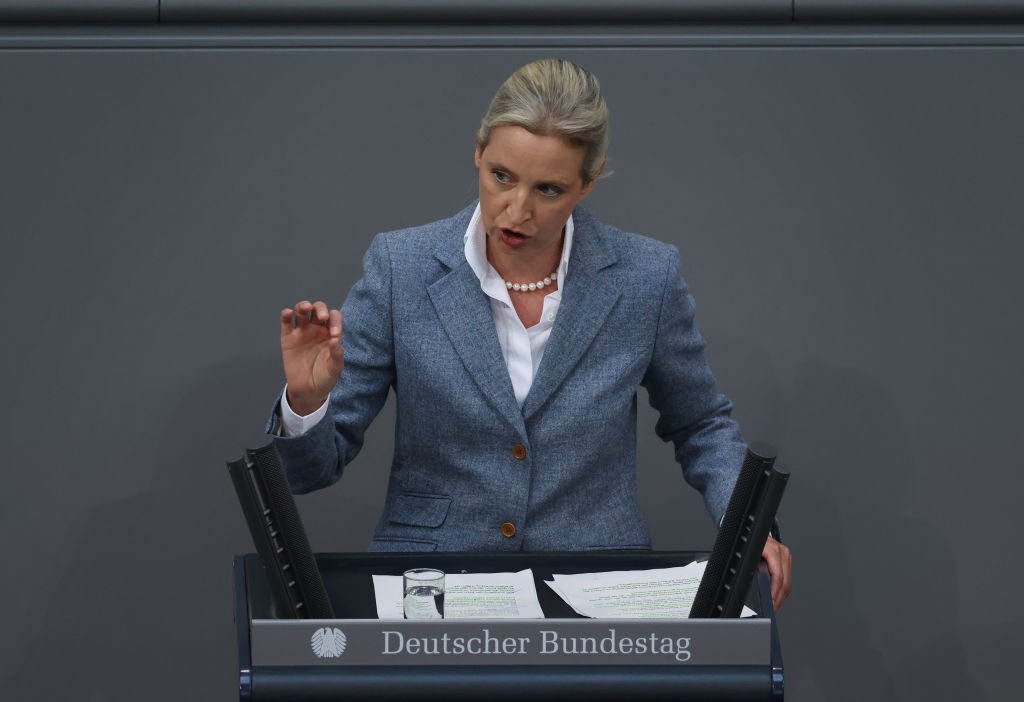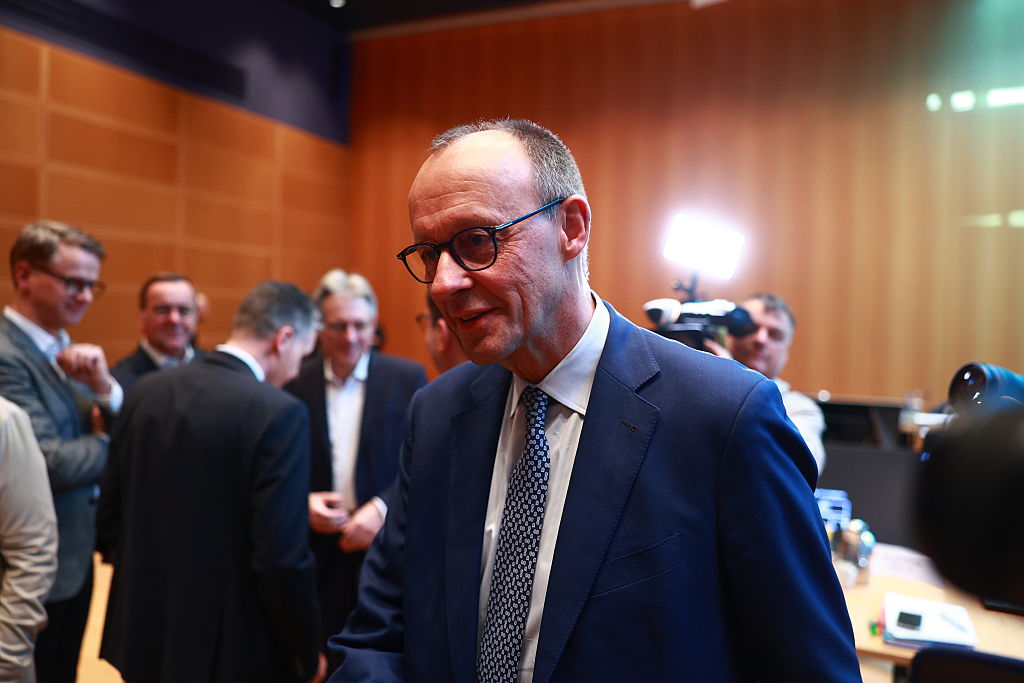Germany’s incoming chancellor Friedrich Merz, leader of the Christian Democratic Union (CDU) has chosen his candidates for the top executive positions his party will get to fill under the coalition agreement with the Social Democratic Party (SPD).
While the government pact was still subject to an ongoing vote among SPD members, it was expected that the agreement would get the go-ahead on April 29 at midnight.
On April 28 the CDU published a list of its 13 incoming ministers and secretaries of states. The choice of personnel has been characterised as a mixed bag by right-wing pundits.
Marcus Pretzell, a prominent libertarian and former Alternative for Germany (AfD) party member and an MEP, reacted on X saying the CDU “could not be serious”.
Das kann einfach nicht deren Ernst sein! pic.twitter.com/Dozaj5rWKN
— Marcus Pretzell ? ?? (@MarcusPretzell) April 28, 2025
Pretzell was especially critical of the choice of Katherina Reiche for the post of economics minister – a sentiment echoed by many other commentators. Pretzell referred to Reiche as a “hydrogen lobbyist”.
Reiche became a MP for the CDU at 25 years old and kept her seat for 17 years before switching to the utilities sector. She is currently the CEO of Westenergie, an electricity and gas grid operator that is a subsidiary of German energy firm E.On.
Since 2020, Reiche has also been the chairwoman of Germany’s National Hydrogen Council, a body charged with overseeing the implementation of Germany’s national hydrogen strategy, including the construction of a hydrogen grid.
Critics expressed concern that Reiche’s appointment to the post signalled a continuation under Merz of what they saw as Germany’s disastrous “green” energy policy – and was in effect turning a deaf ear to calls even from within the CDU to bring back nuclear power.
Another contentious pick was Karin Prien as education minister and who was regarded as a representative of the CDU’s leftmost faction.
At the CDU’s February 2025 convention, she said about the CDU: “Our DNA is anti-fascist and anti-totalitarian” and called for “no co-operation, no coalition, no minority government with AfD”.
“We don’t need anti-fascist tutoring from anyone in this country,” Prien added.
According to an April 28 report by newspaper Junge Freiheit, Prien also had close ties to the left-wing Amadeu Antonio Foundation associated with the Die Linke party, the successor organisation to the former East German Socialist Unity Party.
Sylvia Pantel, deputy chairwoman of Werte Union, a Conservative movement that split off from CDU in 2024, called Prien’s nomination “a further step of the CDU on its path towards the Left”.
The choice of Johann Wadephul as Germany’s future foreign minister caused some amusement as it was revealed he fell victim to pro-Russian comedians in February 2025.
The career politician believed he was talking to aides of Ukrainian President Volodymyr Zelensky when, in fact, he had been contacted by Russian comedic duo “Vovan and Lexus” who have been described as close to the Kremlin.
Westphul – an ardent supporter of Ukraine – told the comedians about Merz’ goal to become a “chancellor of peace” and said that Ukraine could not expect to receive the coveted German “Taurus” missile before May.





